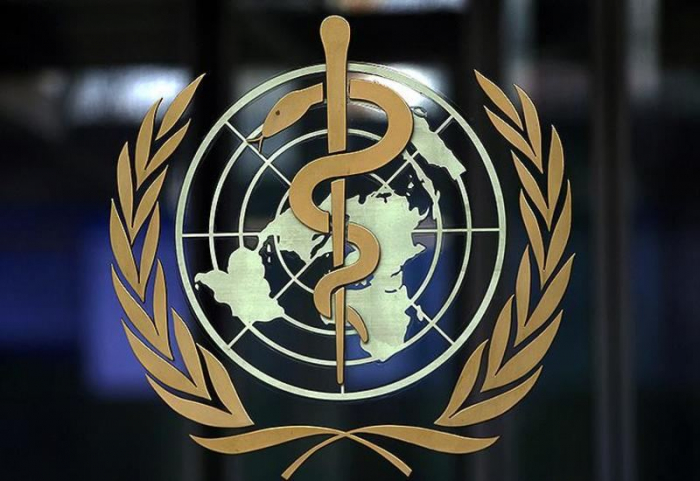"As of now, an effective response to monkeypox will not require the same extensive population measures as we needed for COVID-19 because the virus does not spread in the same way. But - and this is important - we do not yet know if we will be able to contain its spread completely. For that, we need a significant and urgent reduction in exposures through clear communication, community-led action, case isolation during the infectious period, and effective contact tracing and monitoring," he noted.
The official reiterated that the European region remains at the epicenter "of the largest and most geographically widespread monkeypox outbreak ever reported outside of endemic areas in western and central Africa." Research shows that it began as early as mid-April. Monkeypox is caused by a virus that can infect anyone and is not intrinsically associated with any specific group of people.
"Rapid, amplified transmission has occurred in the context of the recent lifting of pandemic restrictions on international travel and events. The potential for further transmission in Europe and elsewhere over the summer is high. Monkeypox has already spread against the backdrop of several mass gatherings in the Region. Over the coming months, many of the dozens of festivals and large parties planned provide further contexts where amplification may occur," he reiterated.
The majority of people infected with monkeypox experience a mild form of the disease which may last up to several weeks. "We do not yet know what health impact there will be in individuals who can have severe outcomes from monkeypox, particularly young children, pregnant women and people who are immune-compromised," the health official cautioned.
The WHO Regional Director for Europe urged to contain this outbreak "by stopping human-to-human transmission to the maximum extent possible." In order to do so, it is necessary to increase awareness and information exchange on how people can reduce their risk of exposure, equip medical facilities with the knowledge and diagnostic capacities, swiftly track all contacts of those infected, use the currently available medical countermeasures fairly and equitably as well as accelerate regional, country and community-led action to stop the spread.
















































